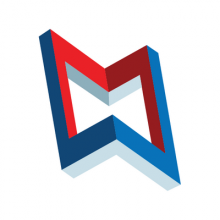
BOSTON, MA--(Marketwired - Feb 24, 2016) - GMO GlobalSign, a leading provider of identity and security solutions for the Internet of Everything (IoE), has partnered with Infineon Technologies and the UNH InterOperability Lab (UNH-IOL) to demonstrate the application of hardware, PKI and cloud services in IoT environments, creating an optimal balance between security, functionality and flexibility. GlobalSign and Infineon have chosen the UNH-IOL to provide independent and interoperability testing for the technologies to show how other solutions can be securely implemented and connected.
The security needs of IoT environments require a strong, proven approach to maintain security, trust and privacy in their ecosystem. Assurance and protection of device identity, secure data encryption and authentication are the key security challenges organizations are trying to address when integrating IoT devices. This holds true for IoT applications in a wide range of industries, for example healthcare, consumer devices, and manufacturing.
Proven Technologies Enable Security in IoT Environments
PKI is a proven security technology that provides key information security capabilities, including authentication, encryption, and data integrity and is easily adapted to meet the velocity, variety and volume needs of the IoT. GlobalSign's PKI solutions are designed to scale with manufacturer's needs from proof of concept through deployment of millions of identities, enabling them to accelerate time to market and reduce manufacturing costs of their products, all while addressing security needs.
The most reliable and secure way to integrate PKI into an IoT platform is achieved using a hardware security module to securely store the private key and execute cryptographic functions such as authentication and encryption. Infineon offers a complete line of hardware security modules that provide such capabilities, including the OPTIGA™ TPM SLB9645 used in this demonstration. Because this security solution implements the Trusted Platform Module(TPM) standard from the Trusted Computing Group (TCG), it is easily integrated into a variety of IoT platforms.
